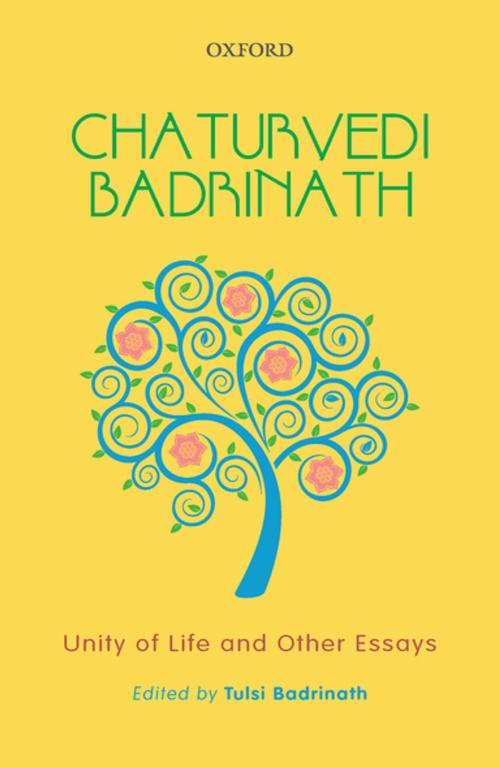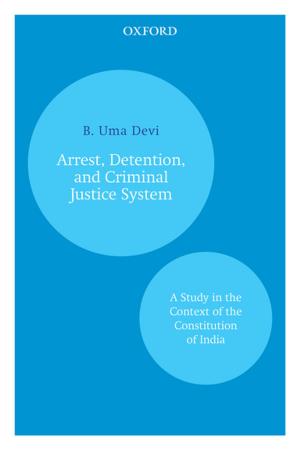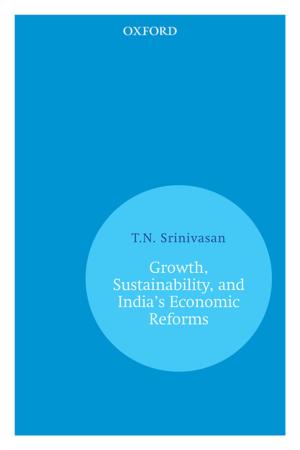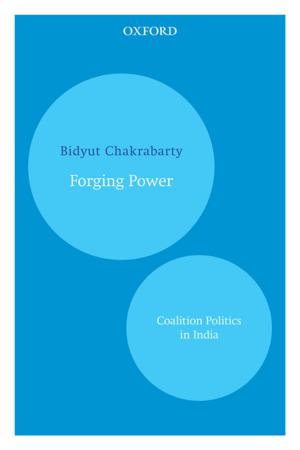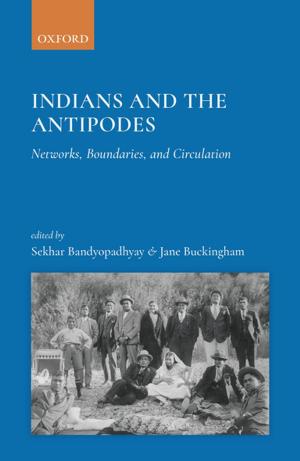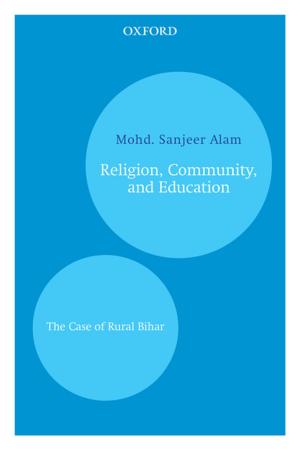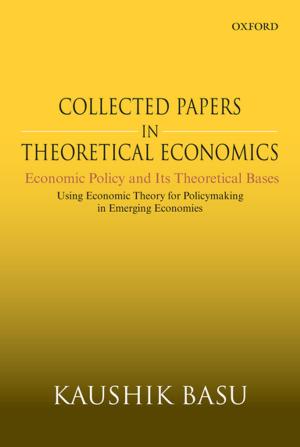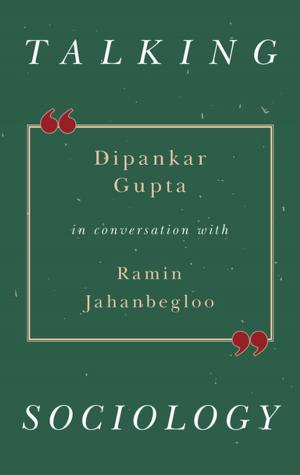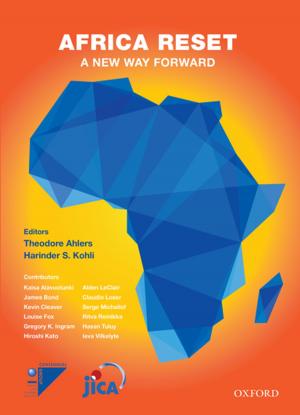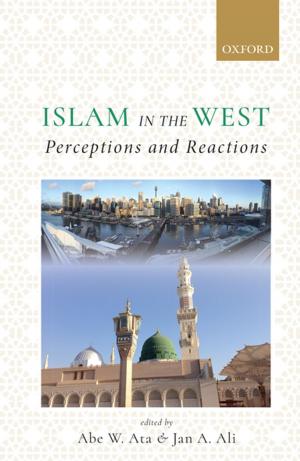Chaturvedi Badrinath
Unity of Life and Other Essays
Nonfiction, Religion & Spirituality, Eastern Religions, General Eastern Religions, Philosophy, Eastern| Author: | ISBN: | 9780199089567 | |
| Publisher: | OUP India | Publication: | January 28, 2016 |
| Imprint: | OUP India | Language: | English |
| Author: | |
| ISBN: | 9780199089567 |
| Publisher: | OUP India |
| Publication: | January 28, 2016 |
| Imprint: | OUP India |
| Language: | English |
Chaturvedi Badrinath (1933‒2010), a recipient of the Sahitya Akademi Award, 2009, for his work The Mahābhārata: An Inquiry in the Human Condition, was a passionate scholar of Indian philosophy, strikingly original in his approach. An Indian Administrative Service officer for 31 years, he delivered lectures on the concept of dharma and its application in modern times for which he drew extensively from the Mahabharata. In 1995, he was invited by The Times of India to contribute essays on Indian philosophy and thought. In the form of lucid discourses for the layperson, these dealt with dharma as the foundation of civilization. Ranging over perceptions of the self and the other; different ways of ordering society in Jainism, Islam, and Christianity; the paradox of sex; the roots of violence; and the quest for truth and peace, these essays gained wide acclaim and popularity. Badrinath’s daughter, Tulsi Badrinath, brings these essays together to present the reader with a book that explains the complex ideas of Indian philosophy in simple and accessible language.
Chaturvedi Badrinath (1933‒2010), a recipient of the Sahitya Akademi Award, 2009, for his work The Mahābhārata: An Inquiry in the Human Condition, was a passionate scholar of Indian philosophy, strikingly original in his approach. An Indian Administrative Service officer for 31 years, he delivered lectures on the concept of dharma and its application in modern times for which he drew extensively from the Mahabharata. In 1995, he was invited by The Times of India to contribute essays on Indian philosophy and thought. In the form of lucid discourses for the layperson, these dealt with dharma as the foundation of civilization. Ranging over perceptions of the self and the other; different ways of ordering society in Jainism, Islam, and Christianity; the paradox of sex; the roots of violence; and the quest for truth and peace, these essays gained wide acclaim and popularity. Badrinath’s daughter, Tulsi Badrinath, brings these essays together to present the reader with a book that explains the complex ideas of Indian philosophy in simple and accessible language.
